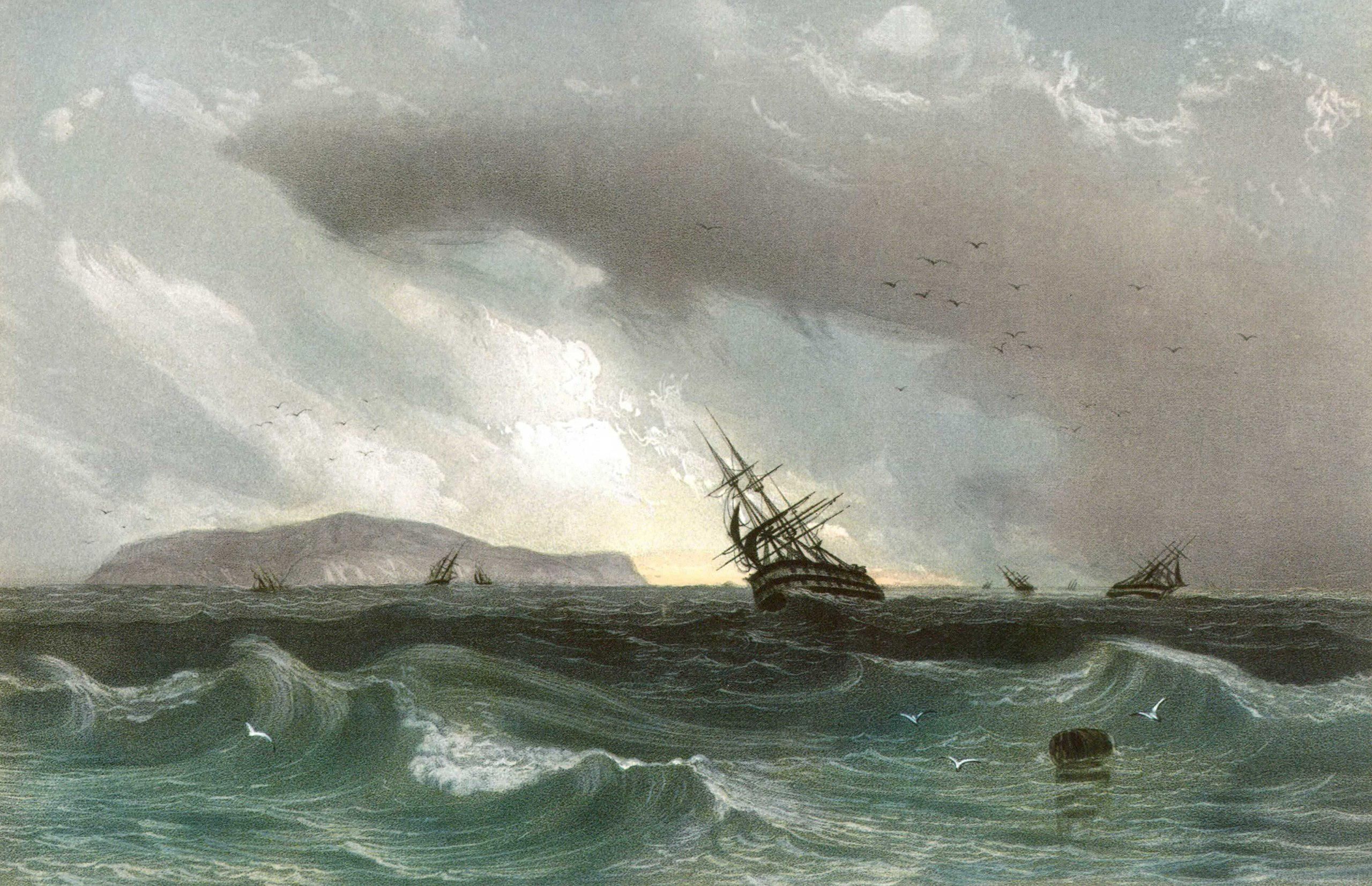One of the most important battles raging in the Russia-Ukraine war is over Snake Island, a tiny, craggy, uninhabited speck of land in the Black Sea, off the southwestern coast of Ukraine.
If Snake Island sounds familiar, that’s because you are either part of an Achilles cult (more about that below) or because it’s where, in the first days of the war, Ukrainian troops famously responded to a Russian demand to surrender with the radio message: “Russian Warship, Go F**k yourself.”
Although those words became an early battle cry of support for Ukraine on social media, the Russians still managed to take tenuous control over the island. The Ukrainians have been vying to make it impossible for them to stay there ever since.
Why? Because Snake Island is a small rock with big significance. If Putin’s army is able to set up long-range air defenses and other military supplies there, it would cripple Kyiv’s ability to defend the entire southwestern coast, including Odesa, Ukraine’s largest port.
But Russian control over Snake Island is also a problem for the rest of us. Moscow is using it to help support a naval blockade against Ukraine that keeps vital exports of grain and cooking oils from reaching the rest of the world.
With global food prices rising, the UN has already warned that war-related disruptions of Ukrainian food exports could help push close to 2 billion people closer to starvation.
Now, about Achilles — Snake Island was known to the ancient world as the mythical site of a temple to the Trojan War hero. Some writers claim he was buried there.
As we all know, Achilles had a legendary weak heel. Some 2,000 years later, will Snake Island be the small vulnerability that has a big impact on one side or the other in today’s war?
More For You
Most Popular
With the US leading production and China driving new reactor development, Bank of America breaks down the who, what, where, when, and why behind nuclear’s return. Stay ahead of global energy trends with Bank of America Institute.
Chris, an Army veteran, started his Walmart journey over 25 years ago as an hourly associate. Today, he manages a Distribution Center and serves as a mentor, helping others navigate their own paths to success. At Walmart, associates have the opportunity to take advantage of the pathways, perks, and pay that come with the job — with or without a college degree. In fact, more than 75% of Walmart management started as hourly associates. Learn more about how over 130,000 associates were promoted into roles of greater responsibility and higher pay in FY25.
Last week, at the Munich Security Conference, a group of global technology providers, including Microsoft, announced the Trusted Tech Alliance — committed to shared, verifiable principles for trusted, transparent, and resilient technology across borders. At a moment of economic volatility and zero-sum technological competition, countries and customers are demanding greater accountability from technology providers. The Alliance addresses this by bringing together companies from across Africa, Asia, Europe, and North America around shared commitments: transparent governance, secure development practices, supply chain oversight, open digital ecosystem, and respect for the rule of law — ensuring the benefits of emerging technologies strengthen public trust while driving job creation and economic growth. Explore the Trusted Tech Alliance here.
